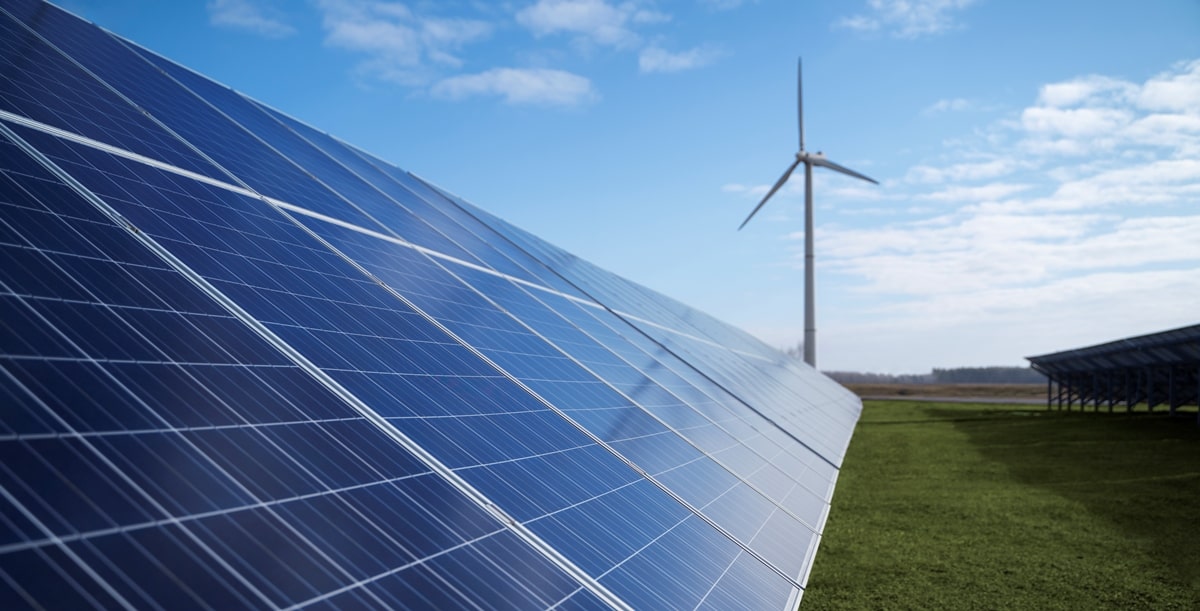Solar energy is the planet's future, and it is also the least expensive option in the long-run. Solar panels are made of silicon, which can store sunlight as heat and then release it when needed. It can then be converted into electricity to power homes and businesses at no cost in terms of natural resources. We are progressively becoming a more environmentally conscious society. As the demand for natural resources and energy grows, many people are shifting from traditional power sources to renewable ones. This blog will walk you through a few examples of how solar energy can save your money in the long-run. Solar energy is a clean, safe, and cost-effective way to power homes and buildings.
Here are some benefits of using solar energy:
1. Better environmental implications
2. Reduces Energy Consumption cost
3. Decrease transit energy loss
4. You can use Solar Energy almost anywhere
5. Improved grid protection
According to the report, the cost of solar energy will continue to fall and the market will expand even without government subsidies and environmental initiatives. Solar energy generation is now becoming economically viable day by day. Solar costs have declined by 90% in the last 20 years and are expected to fall by another 15% to 25% by 2030.We can expect a spike in solar installations over the next decade because solar panels can be set up in a matter of hours and can be used to generate electricity for anything from a wristwatch to an entire city. This could be beneficial to the environment as well. If you are thinking that solar energy is a costly affair, then here are some things you should know.
It can make use of underutilized land: Unlike conventional energy sources, solar energy can be integrated into pre-existing agricultural infrastructure and under-utilized spaces.
Reduces Your Energy Bills: You can forget load shedding, increase in electricity bills, and power blackouts during various climatic conditions when you are running on solar energy.
An Abundant Renewable Energy Source: Solar is a free source of renewable energy that can be used to generate electricity or be stored in batteries or thermal storage.
Low Maintenance Cost: There are no moving parts in the solar system. The only maintenance cost that is certain is the inverter, which is typically replaced after the system has been operating for 15 years.
You may be eligible for certain tax breaks: Direct and indirect tax benefits like sales tax safeguard or anti-dumping duty inclusions, excise duty exemptions, and custom duty exceptions are given.
Net Metering Incentives: Net metering is a mechanism that allows domestic or commercial users to export and gain extra revenue by selling their surplus energy back to the grid. Let the sun power up your home and future!
An individual will eventually see a benefit from a solar power system; it may just take decades. Whether it is beneficial to install such a system thus often comes down to several much less technical factors than those listed above: how long you plan to stay in your home, the subsidies available in your area, and simply whether you want to do your part for the environment.






